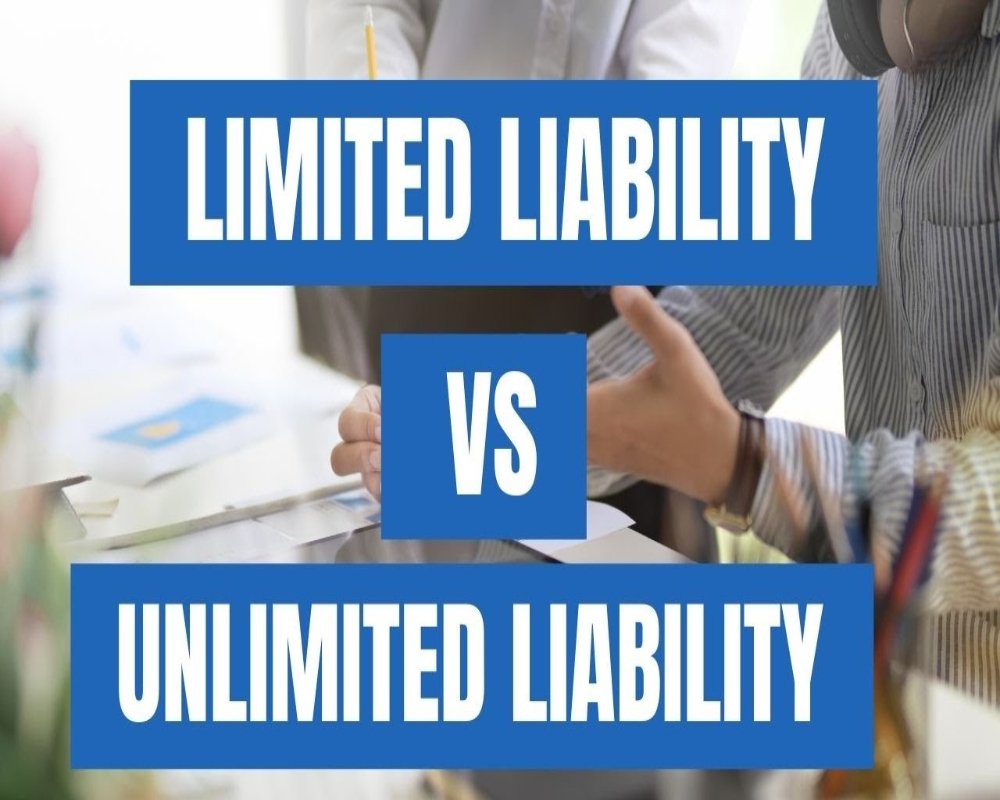1. Meaning of Limited Liability
- Limited liability means the business owner’s financial responsibility is limited only to the amount they invested in the business
- Personal assets such as the owner’s house, car, or savings are protected from being used to settle business debts
- This structure is common in private limited companies (Pvt Ltd), limited liability partnerships (LLP), and corporations
- Creditors cannot pursue the owner’s personal property unless fraud or personal guarantees are involved
- The business is treated as a separate legal entity from its owners
2. Meaning of Unlimited Liability
- Unlimited liability means the business owner is personally responsible for all debts and liabilities of the business
- If the business cannot repay its obligations, creditors can seize the owner’s personal assets
- This applies to sole proprietorships and general partnerships, where there is no legal separation between the business and the owner(s)
- The owner bears full legal and financial responsibility, regardless of the size of the debt
- Risk exposure is significantly higher in unlimited liability structures
3. Legal Entity Distinction
- In limited liability, the business is a separate legal person, distinct from its shareholders or partners
- In unlimited liability, the business and the individual are considered one and the same in the eyes of the law
- Limited liability allows for clear ownership transfer and succession without affecting the personal wealth of owners
- Unlimited liability does not protect personal finances in the event of legal action or debt recovery
4. Risk and Financial Exposure
- Limited liability minimizes personal risk, making it attractive to investors and entrepreneurs
- Unlimited liability exposes all personal assets to business losses, even if unrelated to business operations
- Limited liability encourages risk-taking and expansion since personal assets are shielded
- Unlimited liability often leads to conservative business practices due to higher financial risk
5. Applicability and Choice
- Limited liability is used in formal, registered entities like companies and LLPs, which require legal incorporation
- Unlimited liability applies automatically to sole proprietorships and unregistered partnerships
- Entrepreneurs seeking protection for personal assets prefer forming limited liability entities
Small traders or service providers often start with unlimited liability structures due to ease of setup and lower cost


0 Comments